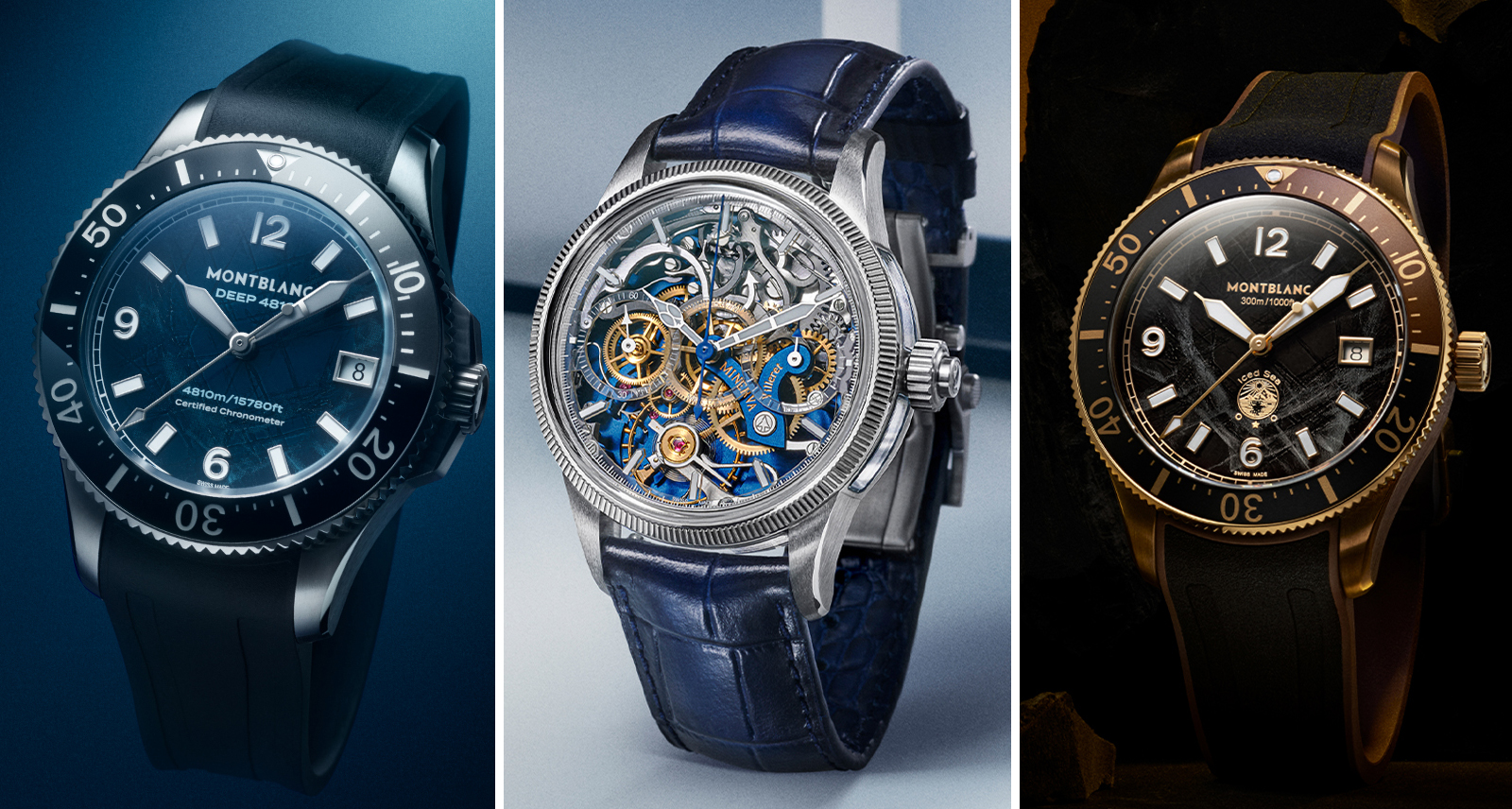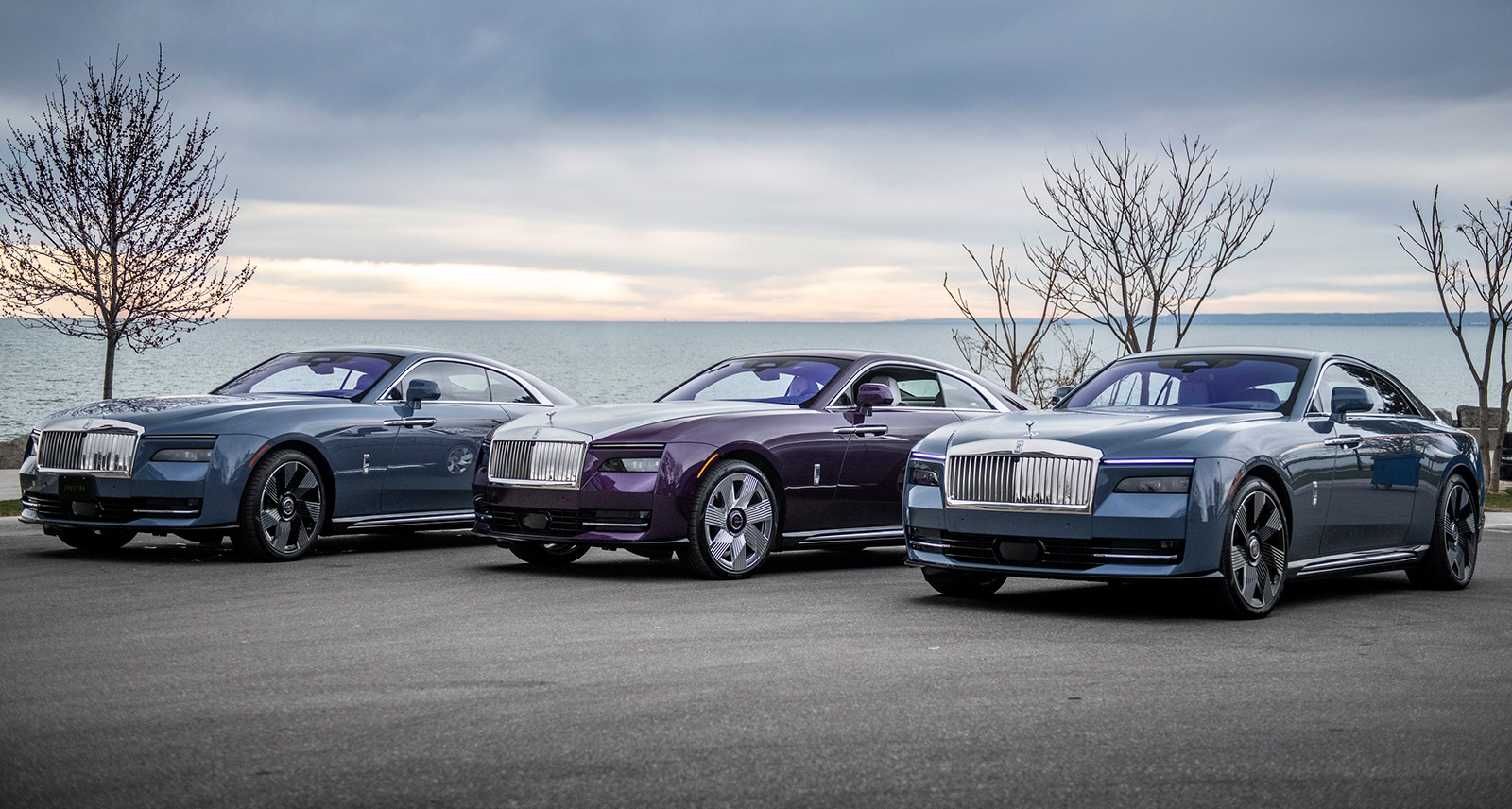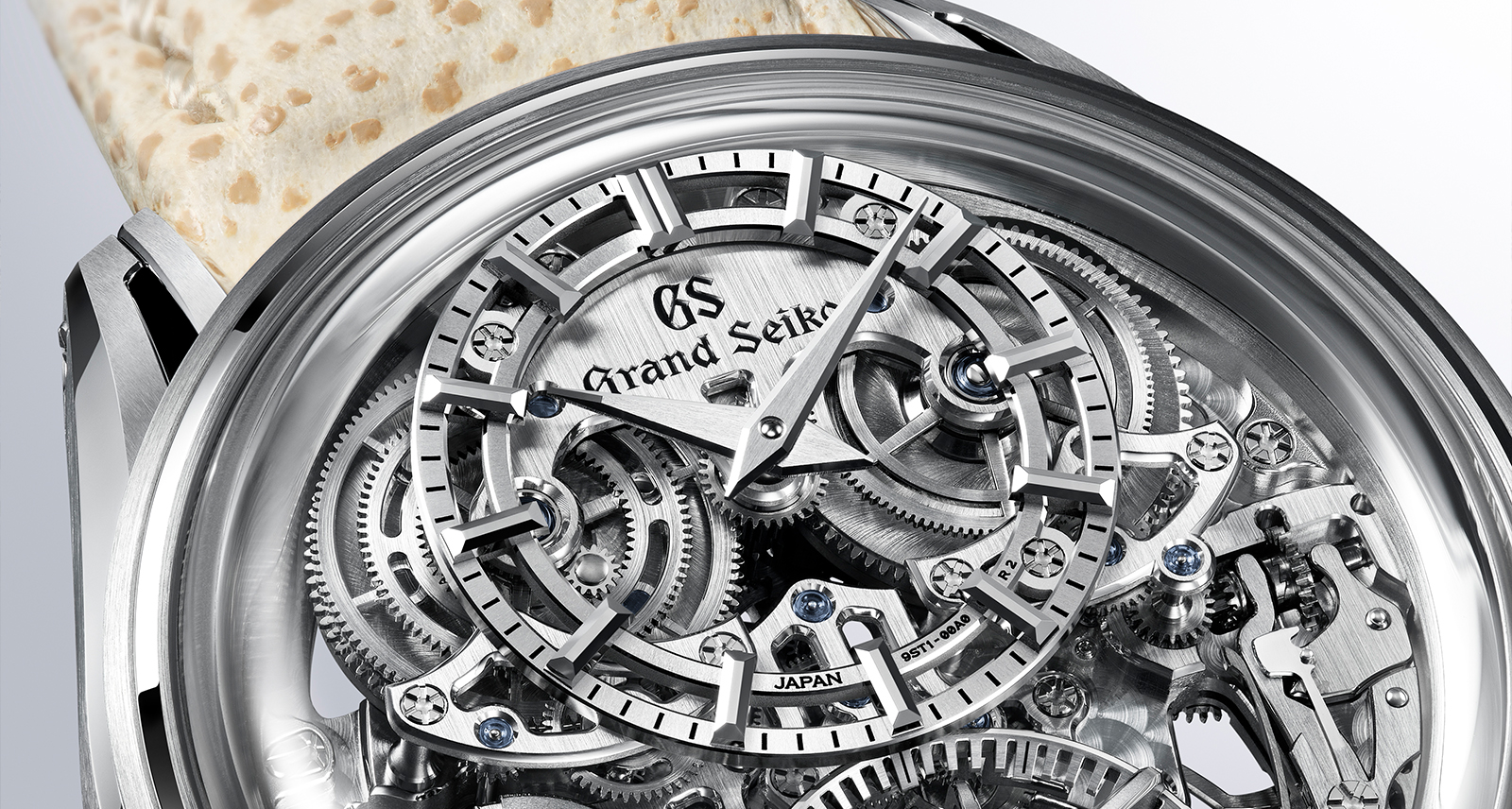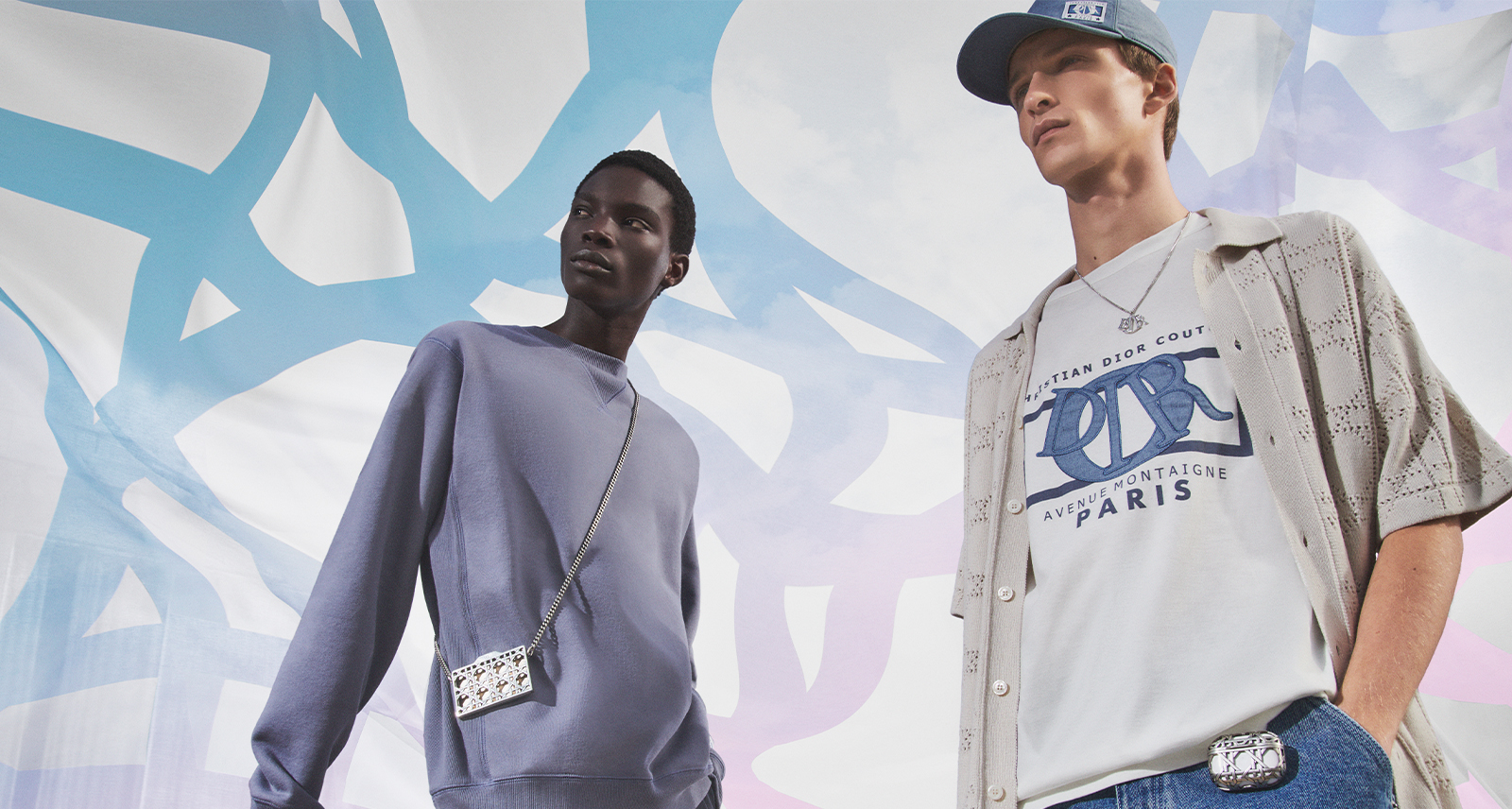Trevor Noah Doesn’t Care About Your Hot Takes
Think your job is stressful? Just be grateful you don’t have Trevor Noah’s. For the last year, the guy’s had the thorniest task in comedy: taking over The Daily Show from Jon Stewart, America’s revered (ex-) satirist-in-chief, during one of the most insane presidential elections in modern history. The scrutiny has been immense. First came the Internet’s collective “Who the hell?” when the relatively unknown 32-year-old was appointed to the host’s chair. Then, the many critiques: he’s not as fired up, not as outraged as Stewart was; for calamitous times like these, he’s too heavy on the dimples.
Born in Johannesburg during apartheid, Noah knows his way around a stressful situation. He had a white Swiss father and a black Xhosa mother, and since mixed-race relations were illegal in that era, so was his existence. Good thing he had a sense of humour: when he wasn’t hiding from local authorities, he was refining his comedy chops. By his twenties, he was skewering racial stereotypes and class divisions on South Africa’s barely existent stand-up circuit, eventually touring the world and becoming the first from his nation to perform on The Late Show With David Letterman. (He still does stand-up, if you’re wondering, and his next stop will be Toronto’s JFL42 festival this month.) By the time Noah debuted as a correspondent on The Daily Show in 2014, it was clear what Stewart saw in him as a successor: he’s measured, not manic; contemplative, not combustible; and acutely aware of America’s social messiness. In a world that’s getting madder by the second, he’s exactly what we need.
It’s been about a year since you took over The Daily Show. I believe GQ called your hiring “the biggest gamble since NBC hired Conan to replace Letterman.”
I’m a fan of Conan, so I guess I’m in good company! I always have to acknowledge that you can’t get the platform without the scrutiny. I could have had a show that nobody cared about me taking over, but then I also wouldn’t have the platform of a show that everybody cares about who takes over. That’s the gift and the curse. You have to focus on the gift.
Did you ever catch The Daily Show while growing up in South Africa?
Yeah, I thought it was an actual news show because it used to be on CNN International. That’s how I first saw The Daily Show. I thought it was a weird news show where the host just didn’t really care about his job. It’s an indictment of the news, when you think about it. The fact that I couldn’t tell the difference between that and half the shows on CNN at the time makes you understand some of our predicament.
You’ve lived through apartheid. You’ve seen a country divided by hatred, racism, and inequality. Living in America in 2016, does this feel like one big glitch in the Matrix?
Well, it’s not really a déjà vu. It’s more like seeing a piece of your country in another place, you know? It’s strange to me that South Africa feels like it’s at a similar level of racial tension as America, but America’s civil rights movement happened so many more years ago. If anything, the one advantage we have over America is that we had the Truth and Reconciliation Commission because of this one major problem. The fact that half the people in the US do not feel there are issues to deal with doesn’t help in any conversation. People here don’t even think racism is a problem. There are people who don’t even acknowledge what the government did in terms of systemic racism or even slavery.
Between Donald Trump, Brexit and the rise of nationalist parties across Europe, it seems xenophobia is in vogue right now.
I think the middle class is really frustrated all over the world. There’s a small group of people who successfully use that to instigate campaigns of hatred. When people are afraid or struggling, it’s very easy to convince them that their problems can be solved by eradicating another group of people. Essentially, that’s what we’re seeing. In the UK, it’s all the voters who were told, “Hey, the government will spend money on you; they will improve your health services; they will care more for you in your old age. These immigrants are here taking your jobs and they’re the reason there’s a problem.” And then they voted and they were told, “Oh, we’re not going to move the money the way we told you. We don’t think that’s actually a feasible thing.” We’re in an age where a lot of people are just feeling disenfranchised with what’s happening around them.
In the science community, it’s widely accepted that race is not a biological reality but a social construct. Isn’t it crazy, then, how central a role race still plays in our lives?
Well, not really. It’s just birds of a feather, which science has shown. Even animals of the same species are more likely to gather together if they’re the same colour. It’s just what you do, because we’re essentially all trying to be part of a tribe. Since we live in a world where a lot of people believe their success is directly related to the failure of others, it means everyone is fighting for their tribe, so in order for your tribe to succeed, it needs to suppress another. And great civilizations have been built on that logic, unfortunately. It’s not like you can say, ‘That’s a bad way to think,’ because the reason we have all the cities we have, the reason we have all the technology we have is because of that. We have iPhones because of that logic. We have the pyramids because of that logic. So the benefit is unfortunately there. Society is still figuring out how to get to that same place without the same level of hurt and destruction.
You often get criticized for not being as angry as Jon Stewart was. They say you haven’t found your edge.
Well, toward the end of Jon Stewart’s tenure, you can find numerous articles complaining that he was too angry. “Jon Stewart is not good for The Daily Show or America. Why is he always angry? Why is he not making jokes anymore?” So, ironically, that’s the thing with reporters: it’s become the world of click-bait now. You have to either write “The thing is going very badly, or the thing is doing amazingly.” Because now you’re getting paid for your clicks, so you’re not writing articles anymore.
I always think to myself, It must be insulting to be Jon Stewart to make a comedy show for all those years and only be remembered for your anger. When you ask people what the biggest moments they remember are, a lot of the time they don’t even remember the things from his show. They’ll tell you about him being on Crossfire or Bill O’Reilly, but no one will tell you about their favourite jokes, and that’s mostly what the show was. That’s what Jon was, you know? Yes, there were moments of indignation, but the show was about making people laugh and about providing catharsis. So if you think I’m going to give you all the anger and all the highlights of 16 years in less than one year, then that is something I’ll never do. And I won’t be apologetic for not doing that, because I’m not trying to be a highlight package, I’m trying to make a real show.
I get the sense that nuance is something that’s very important to you.
Yeah, and that’s something that’s lost in a lot of places. It’s easy to just go out there and shout and be angry, but where do you go from there? You just pick a side and start shouting — is that how it works? And then, if that’s the case, what happens? You see what’s happened in America now, with the [shooting of ] police in Dallas and with basically the breaking down of a community. In Dallas, the police were some of the best they’ve put into place, with systems and processes that have helped them to address issues within the force. And now, because of one angry person, that anger has spilled over on both sides and has almost completely diluted the conversation and what people were supposed to be talking about.
Recently on The Daily Show, you argued that people seem to feel you can only be either pro-cop or pro-Black Lives Matter, when it’s possible to be both. Why is there this lack of nuance in American society today?
It’s probably because people get the news tailored to them. You used to get the news, and now everyone is getting their news. Facebook filters your news so that you get only what it thinks you want to see. You know, if you want to watch conservative news on Fox, you can. If you want to watch liberal news on MSNBC, you can. Where is the epicentre of fact? It’s almost as if it doesn’t exist anymore, which is a problem.
Is your upbringing — the fact that you grew up a mixed-race person in South Africa — the reason you see all these shades of grey?
Yeah, I think it’s just coming from a country where we’re taught about the value of conversations. That was the formation of our democracy. You may not see eye to eye with some people, but you still have to communicate and negotiate with these people. Nelson Mandela was a perfect example of that. Also, Mandela, when he was coming to power, still negotiated with the people who were the leaders at the time. He didn’t have to negotiate. I mean, everyone would have said he’d have been justified in starting a civil war in South Africa and just taking over the country. But he negotiated. Why did he do that? Why did he talk to the people who had oppressed him? Because he realized that in conversation you can get further — you can get closer to understanding how you’ve gotten to where you are.










